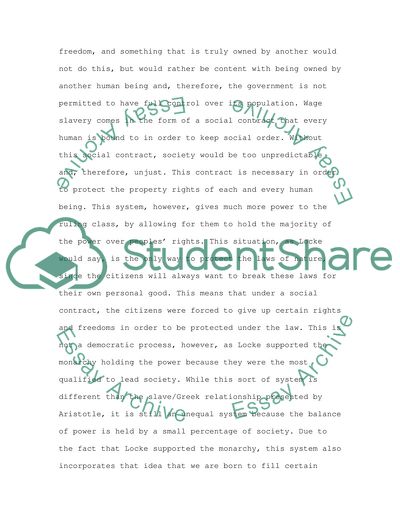Cite this document
(Political Science: Locke and Publius Essay Example | Topics and Well Written Essays - 1500 words, n.d.)
Political Science: Locke and Publius Essay Example | Topics and Well Written Essays - 1500 words. https://studentshare.org/politics/1706979-political-science-locke-and-publius
Political Science: Locke and Publius Essay Example | Topics and Well Written Essays - 1500 words. https://studentshare.org/politics/1706979-political-science-locke-and-publius
(Political Science: Locke and Publius Essay Example | Topics and Well Written Essays - 1500 Words)
Political Science: Locke and Publius Essay Example | Topics and Well Written Essays - 1500 Words. https://studentshare.org/politics/1706979-political-science-locke-and-publius.
Political Science: Locke and Publius Essay Example | Topics and Well Written Essays - 1500 Words. https://studentshare.org/politics/1706979-political-science-locke-and-publius.
“Political Science: Locke and Publius Essay Example | Topics and Well Written Essays - 1500 Words”. https://studentshare.org/politics/1706979-political-science-locke-and-publius.


